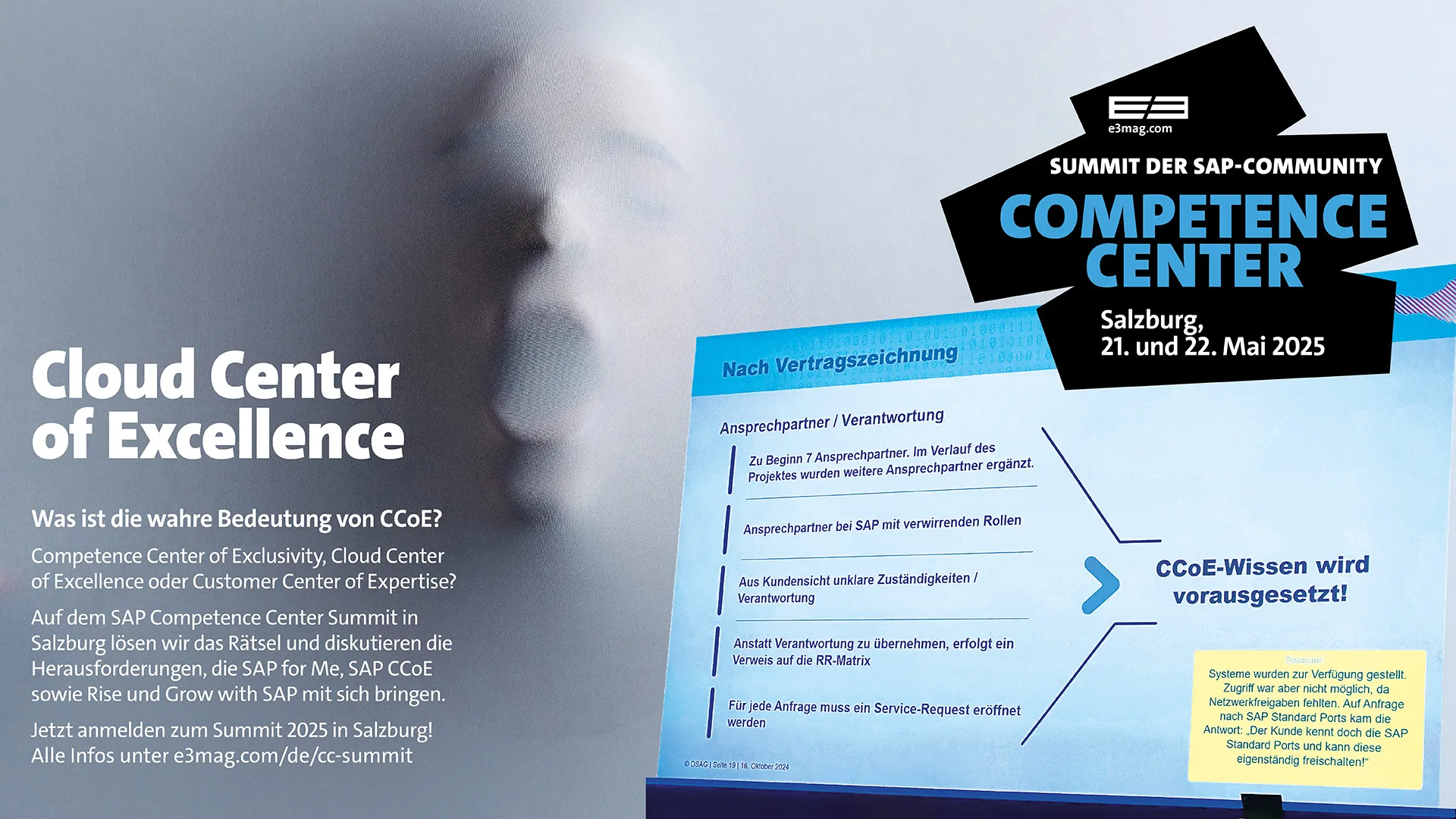Cloud Applications Are Vital To The Future Of Work


The COVID-19 pandemic posed a significant challenge for companies who had long been restrictive in their policies on working from home (WFH). They didn’t have much time to prepare for WFH, and there was a lot to do: procuring and setting up computers for employees, creating the necessary technological infrastructure, e.g. installing Virtual Privacy Networks (VPNs), and, on top of all that, making sure that everything was in compliance with data protection regulations and labor laws.
Applications based on a traditional client/server architecture make functioning, efficient VPNs essential. Apart from issues with the internet connection itself, the VPN can also have broadband limitations. If suddenly a high number of employees uses the VPN, it slows down—everyone who has worked from home these past couple of months will know how frustrating that can be.
Cloud applications
Because of their inherent architecture, cloud applications have an advantage. They generally only need a computer, internet connection and a browser to access the application. Not even a traditional client is needed. Employees could even work from their own computers (if there weren’t some data security risks involved). Consequently, cloud solutions allow companies to flexibly react to unprecedented situations and unforeseen challenges of WFH – just as COVID-19 forced them to.
A good example is accounting. Accounting is not a department used to working from home. If WFH becomes necessary, cloud applications enable employees to work from any computer without individual installations or special infrastructure. Billing or releasing invoices becomes quick, easy and efficient. Even in turbulent times like these, cloud applications can ensure business continuity.
The COVID-19 pandemic again showed just how important business continuity really is. New processes have been implemented out of necessity, and to ensure business continuity, even the staunchest cloud skeptics were forced to shift their perspectives.
Cloud applications not only guarantee almost seamless business continuity during a global pandemic, but also facilitate the work of field teams and support modern ways of work. Consequently, cloud applications are an essential building block in future digital transformation initiatives.









